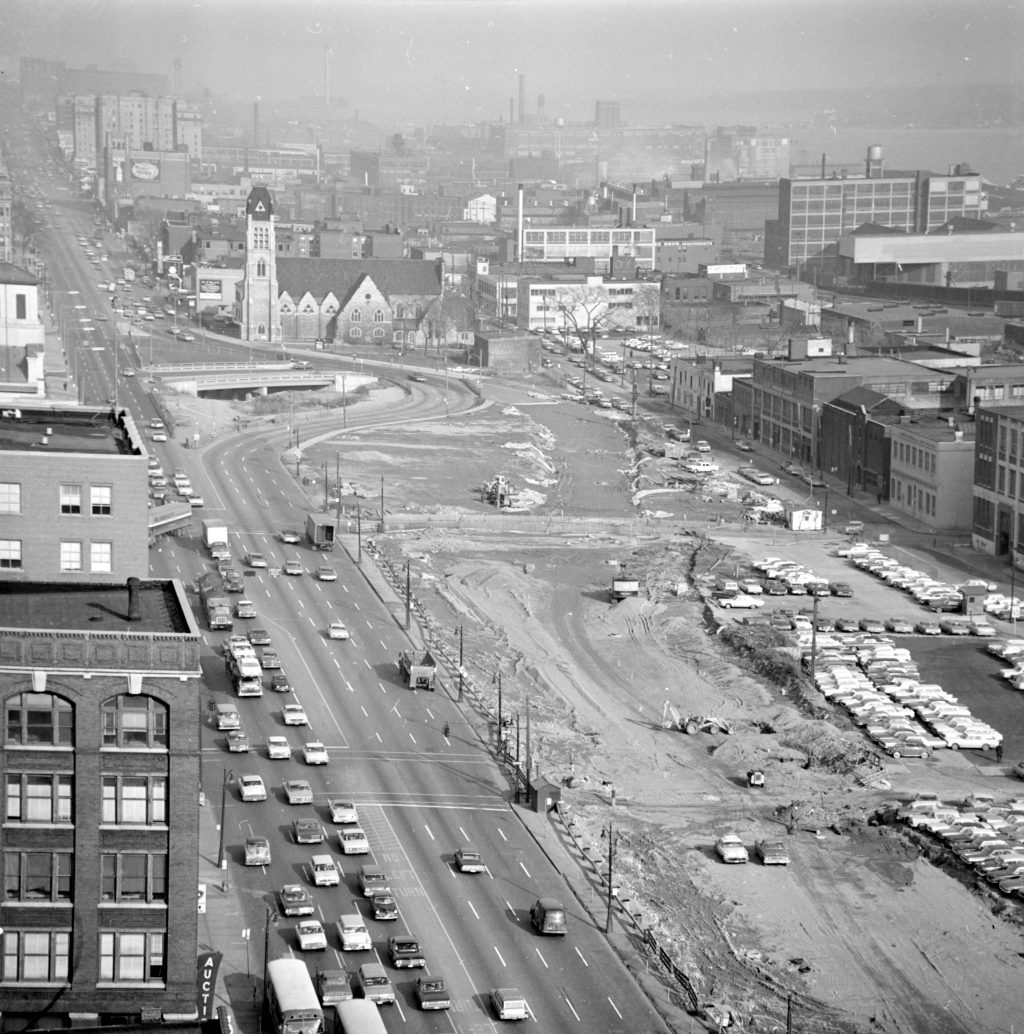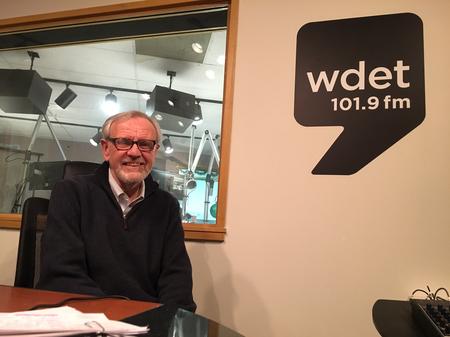Is Trump’s Plan For “Urban Renewal” Bad News For Cities?
Emily Badger of the New York Times talks about the term’s controversial and destructive history.


In October, then-candidate Donald Trump laid out his plans for “urban renewal” and the rebuilding of our inner cities as part of his “New Deal for Black America.” It’s probably the closest thing we’ve heard from him resembling an urban policy proposal.
Trump himself characterized it as an optimistic vision for cities and an example of “fresh solutions and new thinking.” But, as New York Times Reporter Emily Badger recently wrote, that term — “urban renewal” — “is remembered for its vast destruction of minority communities, when entire neighborhoods were razed for housing, highways and civic projects.”
Badger joins Detroit Today with Stephen Henderson to talk about her article titled “Why Trump’s use of the words ‘urban renewal’ is scary for cities.”
In the article, she writes:
The mystery is a bit like the episode in which Mr. Trump had a phone conversation with Taiwan’s president. Is Mr. Trump knowingly or accidentally embracing historical conflict? The answer depends, in part, on how much we think Mr. Trump, a real estate developer and son of a real estate developer, knows about the history of the conflict over the shape of the American city.
“The words in and of themselves don’t entirely make clear that there is this conflict attached to them,” says Badger. “But once we get into… using them in any kind of policy context, I think it’s absolutely a fair expectation that we would use these words thoughtfully, that they would know a fair amount about them.”
Henderson also speaks with Robin Boyle, professor of urban studies and planning at Wayne State University.
“In my world, there’s urban renewal, and there’s Urban Renewal. And it’s difficult to parse it out,” says Boyle. “I think he may be using this term without capitals and he sees this as part of changing a place that he did talk about. He did talk about the concern of the inner city. He did talk about the demise of jobs and the loss of a future for so many, particularly black communities in urban America.”
“On the other hand, he went to the Wharton School at the University of Pennsylvania,” he continues. “If he didn’t learn something about the evolution of urban policy and how that was affected by real estate, then maybe he didn’t get a very good education.”
Click on the audio player above to hear the full conversation.
